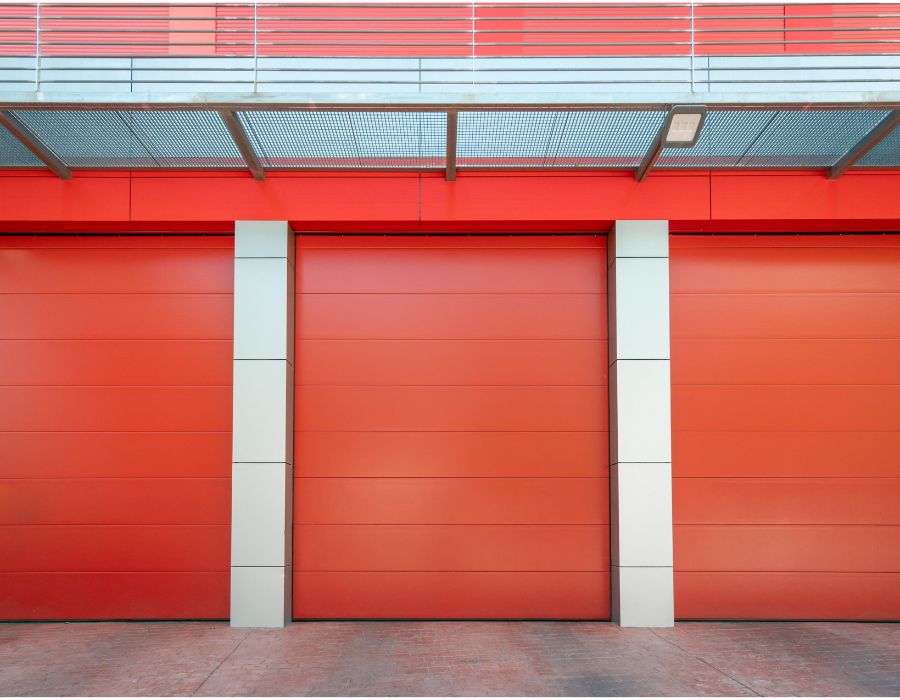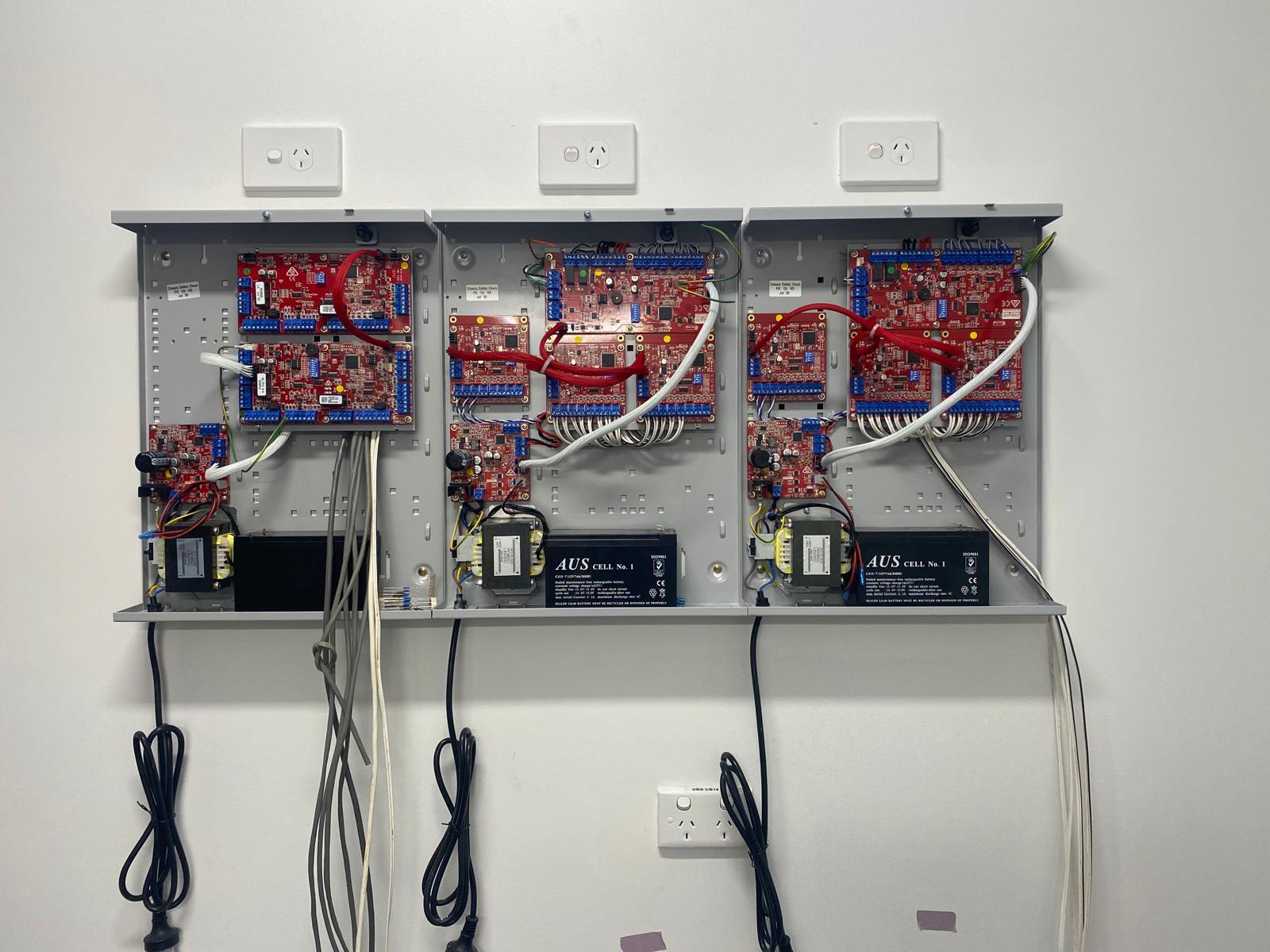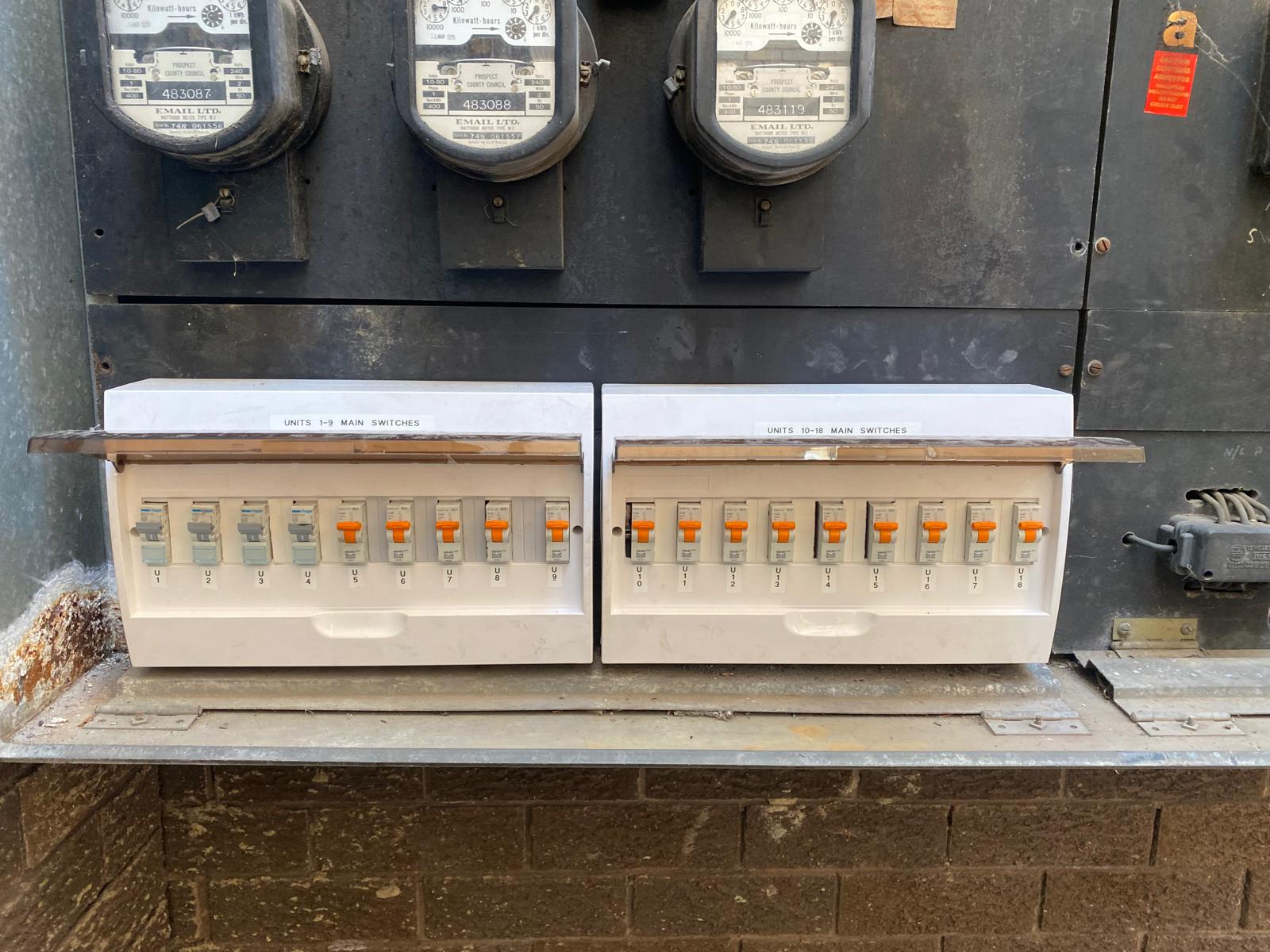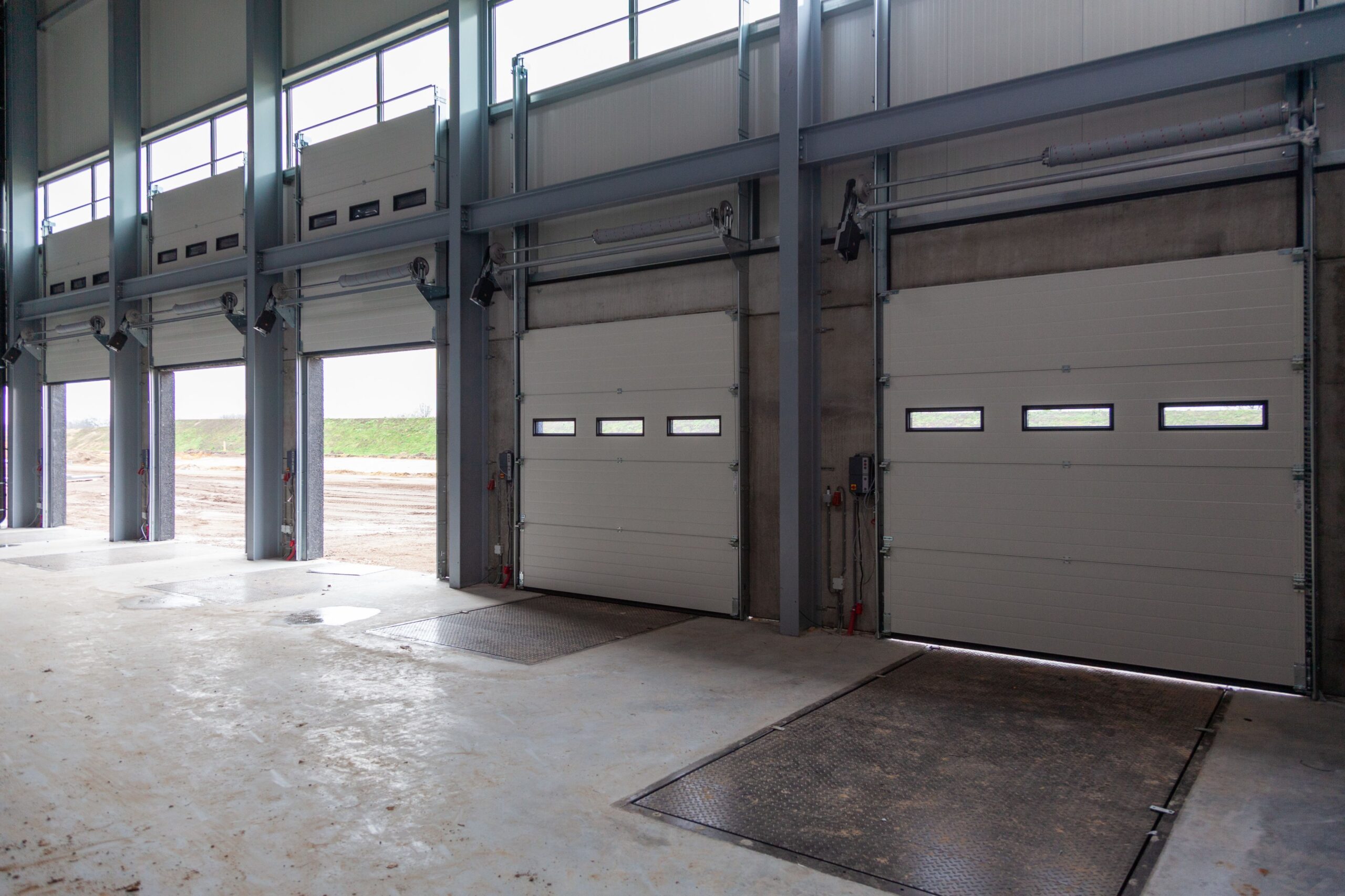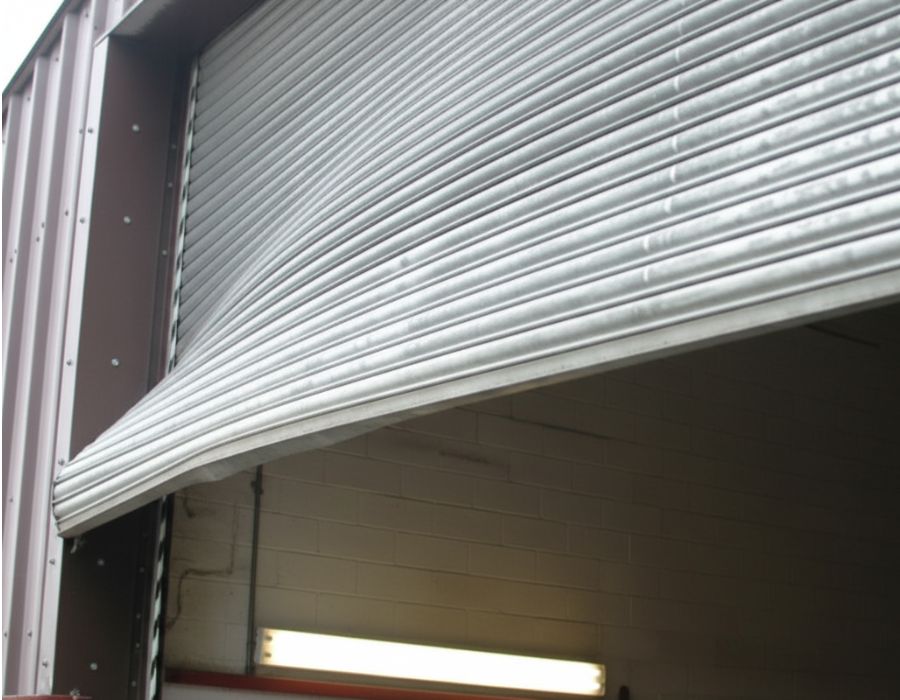Whether you manage a commercial garage or need a reliable solution for your home, understanding standard roller door widths is important. A 2024 Sydney building survey found that over half of new garage installations used roller doors for their compact design, security, and affordability. This guide covers typical sizes, costs, and tips to help you plan your next door upgrade.
Why Standard Roller Door Width Matters
Choosing the right width affects how easily you can move items, manage space, and adapt your garage or commercial area. Different types of roller doors, like single-skin, insulated, or commercial-grade, may have typical width ranges that influence your choice.
- Better space management: A correctly sized roller door lets you park vehicles comfortably without tight squeezes.
- Compliance with local guidelines: In Sydney, some commercial zones require minimum clearances, and a standard width helps meet these rules.
- Enhanced security: A properly fitted door is harder to force open; gaps or misalignments reduce overall security.
- Improved airflow and temperature control: Correctly sized doors improve ventilation in workshops or warehouses, helping with Sydney’s warm, humid conditions.
Common Roller Door Widths
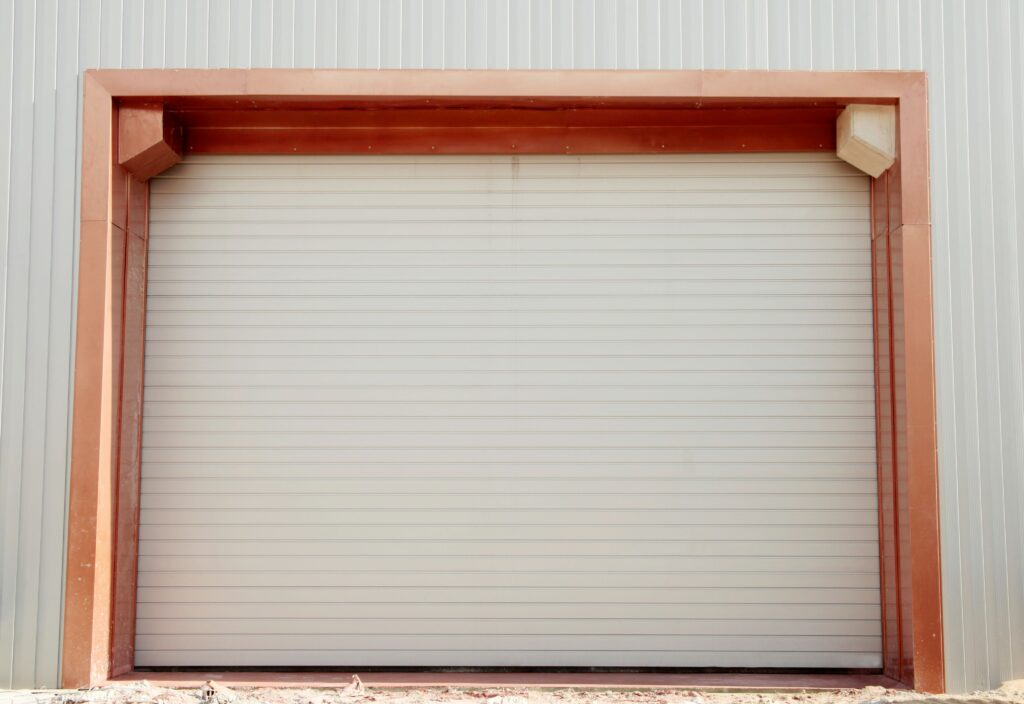
Most residential and commercial roller doors in Sydney range between 2.1 metres and 3.0 metres wide. That said, there’s no one-size-fits-all rule. Local businesses might customise widths to suit commercial vehicles, while homeowners with compact driveways might opt for narrower options.
Below is a quick table that summarises common width categories:
| Width Range (m) | Typical Use | Notes |
| 2.1 to 2.4 | Small residential garages | Fits standard passenger cars |
| 2.5 to 2.7 | Mid-sized garages | Ideal for SUVs, common in Sydney’s suburbs |
| 2.8 to 3.0+ | Commercial or oversized vehicles | Suited for trucks, vans, workshops |
On average, many single-car roller doors hover around the 2.4-metre mark, but it pays to compare your labeled width with the actual space you need. For instance, if you store boats or trailers, you might want to go at least 2.7 metres wide to avoid near misses when reversing.
If you’re upgrading a commercial garage in areas like Alexandria or Marrickville, you might lean toward a larger width, especially if you expect deliveries by vans or small trucks. Meanwhile, a suburban household in Baulkham Hills might stick to 2.4 metres if the main concern is fitting family cars and storing your weekend gear.
What Affects Your Roller Door Width
Even with a standard width in mind, these factors can influence your choice:
1. Vehicle Size and Purpose
Consider your current and future vehicles. Larger cars, SUVs, or frequent deliveries may need extra width to avoid tight squeezes.
2. Driveway Space and Access
Street or property layout can limit door width. Measure turning space to ensure practical access, not just standard measurements.
3. Headroom and Clearance
Overhead space is needed for the door’s barrel and mechanism. Note any obstructions like piping, as they can affect width options.
4. Materials and Insulation
Steel, aluminium, and insulated doors vary in thickness and weight. Heavier or insulated doors may need stronger tracks and slightly alter the frame fit.
5. Local Council or Strata Rules
Some residential or commercial properties have minimum clearance requirements. Always check local bylaws to ensure compliance.
Roller Door Costs, Budgeting, and Maintenance
Roller door installation cost rises as the door gets wider, as they use more materials. Homeowners often choose around 2.4 m for a balance of function and price. Commercial spaces may need larger doors, which increases installation fees. Other factors affecting cost include:
- Material: Steel is affordable; aluminium costs more but is lighter and corrosion-resistant.
- Manual vs Automatic: Electric motors add about 10–20% to the initial cost but make operation easier.
- Installation Complexity: Structural adjustments raise labour costs.
- Maintenance and Repairs: Plan for 1–2% of the door’s price annually to keep it running smoothly, including any residential, commercial roller door repairs that may be needed.
Roller doors can last 15–20 years with proper care. A simple monthly routine helps prevent breakdowns:
- Inspect visually: Look for dents, rust, or misalignments.
- Clean tracks and rollers: Remove debris and wipe dry.
- Lubricate moving parts: Use silicone spray on tracks and hinges.
- Test balance: Lift manually to ensure smooth operation.
- Check motor settings: Ensure automated openers are set correctly.
Sydney’s coastal air can speed up corrosion, while bushland areas may require more frequent cleaning due to leaves and twigs. Regular maintenance plus comparing quotes from multiple Sydney installers can help you save money and extend your roller door’s life.
Frequently Asked Questions
Here are answers to common questions about standard roller door widths for Sydney properties.
1. What is the standard roller door width for a single garage?
Single roller doors are usually around 2.4 m wide, fitting most cars and small SUVs. Always double-check your frame and driveway before ordering, especially for larger vehicles or storage needs.
2. How do I measure my garage for a roller door?
Measure the width at the top, middle, and bottom, taking the smallest value as your true width. Then measure height and headroom, or use a professional installer to ensure accuracy.
3. Does the width affect door security?
Yes, a properly fitted door is harder to pry open. Gaps between the door and frame weaken security, so correct installation and quality materials are key.
4. Is an insulated roller door worth it in Sydney’s climate?
Insulated doors help regulate temperature in garages or commercial spaces. They can reduce heat in summer and improve comfort, though they cost a bit more upfront.
5. Can I customise the width if I have an unusually shaped garage?
Yes, many Sydney suppliers offer custom widths and heights. Custom doors usually cost more but are necessary for non-standard layouts.
Let AJ Services Take Care of Your Roller Door
You don’t have to worry about measuring, choosing, or planning, as AJ Services Group can take care of it all. From accurate measurements to selecting the right door and professional installation, we make the process simple and stress-free.
Call 1300 871 836 or email service@ajservicesgroup.com.au today to get a free quote and let our experts handle your roller door from start to finish.
